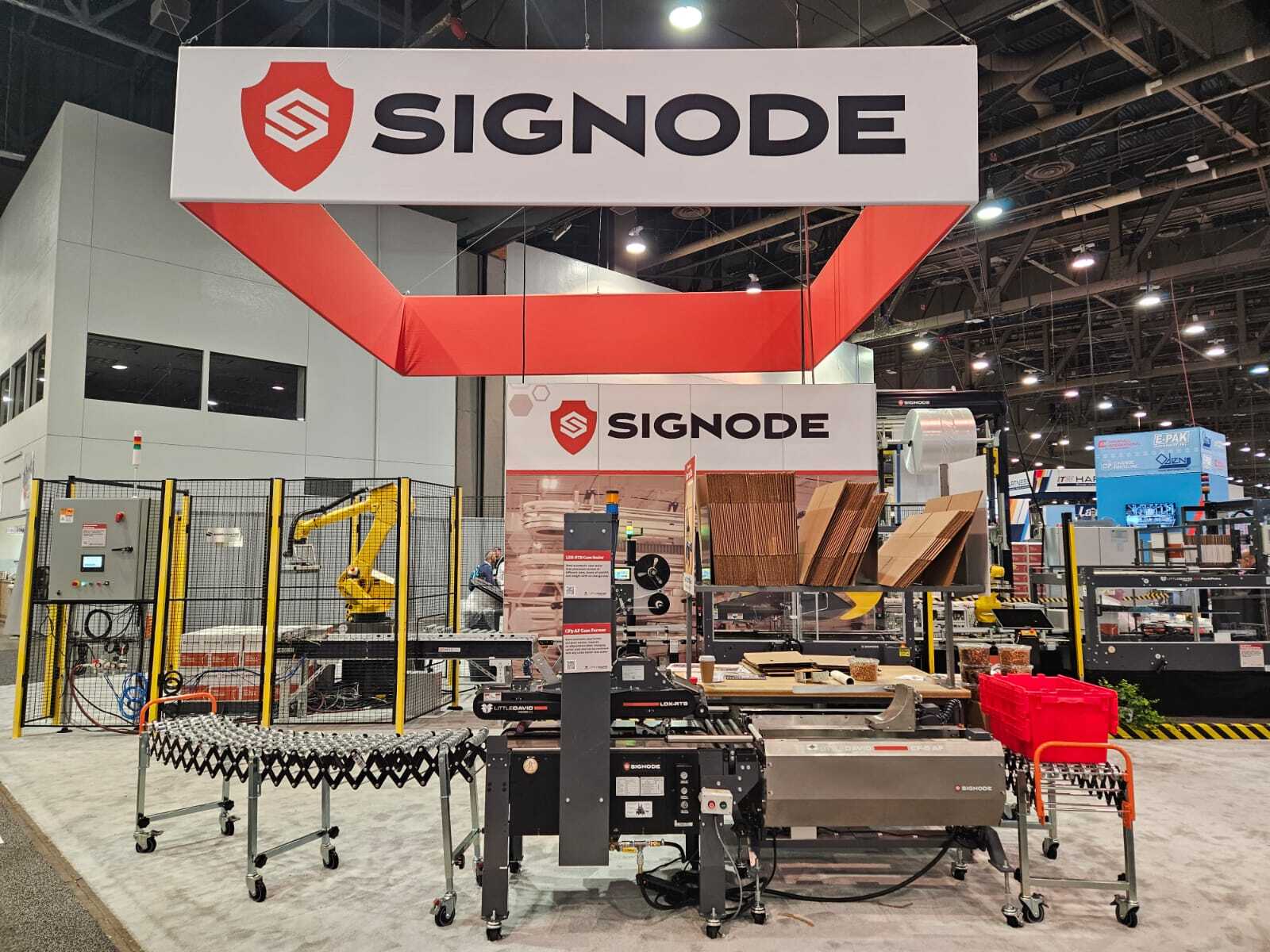
commentary
SOUTHWEST MEAT ASSOCIATION
EPR legislation
poses challenge to processors

Extended Producer Responsibility regulatory oversight at the state level burdens the packaging industry.
Southwest Meat Association
By Lacy Bates
Preserve and protect
“I do solemnly swear that I will faithfully execute the Office of President of the United States, and will to the best of my Ability, preserve, protect and defend the Constitution of the United States.” The Oath of Office for the presidency can be seen and heard on every television in the United States on Jan. 6. The president and the U.S. Congress have the highest duties of preserving, protecting and defending the United States of America. Meatpackers and processors along with the packaging industry are required to meet the highest standards for food preservation and protection. It can go without saying that our industry is continuously under fire from activism to an overabundance of burdensome regulations.
It was brought to the Southwest Meat Association’s (SMA) attention that the packaging industry is experiencing such burdensome regulatory oversight at the state level, commonly known as Extended Producer Responsibility (EPR). The expense of EPR will ultimately lie in the hands of meat and poultry processors. Today, EPR bills have already passed in four states, and currently 11 states have similar bills on the desks of state congressional offices.
What is Extended Producer Responsibility?
This policy assigns producers of products (e.g., packaging paper, single-use products, beverage containers or foodservice products) fiscal responsibility for collecting, managing, recycling, and/or composting the products after consumer use.
Who is a producer?
The producer can be defined as the person/company that is the brand owner of the packaged product or, if the product brand owner has no U.S. presence, the producer can be a sole importer of the product into the state. Some states have implemented exemptions for producers, such as nonprofit organizations, companies using less than 1 ton of covered materials for products, agricultural companies with less than $5 million in gross revenue, charities and government institutions. Each state has different producer exemptions. Therefore, it is important to contact state officials if your state is entertaining EPR proposals.

Source: Natural Resources Council of Maine
What is a covered product?
A covered product refers to the types of items that are required to be included within the EPR. Within that are different options for categories of covered products, such as all packaging types, paper products, or beverage containers. Much like with the producer definition, each state can illustrate exemptions for covered products.
Who oversees the EPR?
The financial structure may vary, but in most EPR programs producers pay fees to a Producer Responsibility Organization (PRO). The PRO then distributes the funds to cover the costs required by EPR legislation. Costs provide funding for the end-of-life management of covered products (collection, sorting, recycling).
What states currently have passed EPR bills?
Manie, Oregon, Colorado and California.
What states have introduced EPR proposals in 2023?
Connecticut, Hawaii, Illinois, Maryland, Massachusetts, New Jersey, New York, North Carolina, Rhode Island, Tennessee and Washington.
California continues to set itself apart from the other three EPR states. How so?
California’s EPR bill (S.B. 54) puts extraneous constraints on producers. The bill states all covered materials must be recyclable or compostable by 2032. All plastic covered material must be recycled at a rate of 30% by 2028, 40% by 2030, and 65% by 2032. Also, by 2032 producers in compliance with a PRO must source reduce covered materials 25% by weight and 25% by number of plastic components.
Implications of EPR bills
The implications of EPR programs to the meat and poultry industry could cause additional regulatory hardships, especially to very small and small establishments. The packaging industry has continued to work diligently to ensure packaging preserves and protects the wholesomeness and freshness of perishable products while keeping consumer health and safety at the forefront. The passage of EPR bills by state lawmakers have important consequences for our industry, including reducing shelf life of perishable meat and poultry products, jeopardizing food safety, increasing food waste, and raising food insecurity in the United States.
Packaging, regardless of product, is not a ‘one size fits all’ industry.
As we begin to see more EPR bills come into play, let us all take an Oath to continue preserving, protecting, and defending our industry.
Opening image credit: GettyImages / bsd studio / iStock / Getty Images Plus


